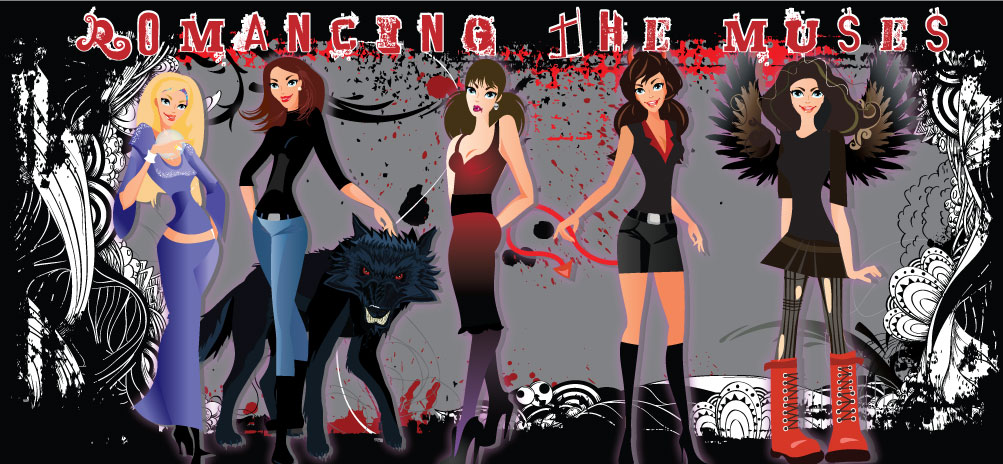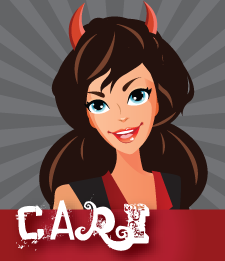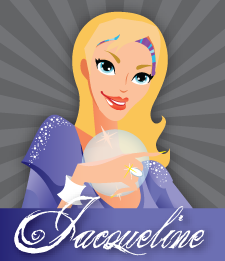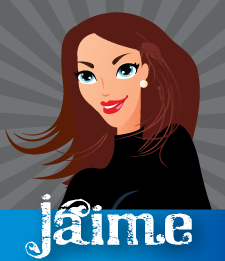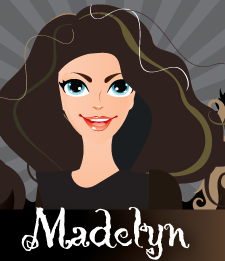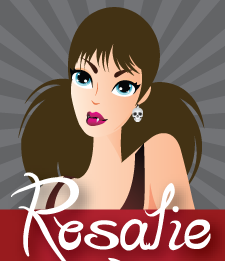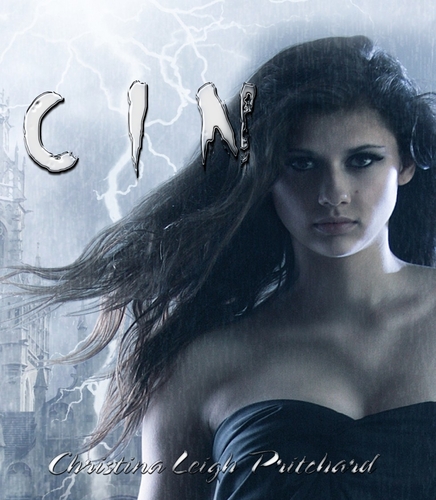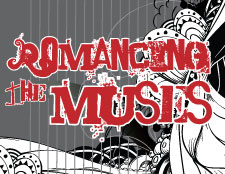Today we have author Bernadette Walsh as a guest on RtM
Thomas Merton was a big deal at my alma mater, St. Bonaventure University. He had taught there for a short time and had mentioned the university in his autobiography, The Seven Storey Mountain. I am embarrassed to say that I didn’t read a word of Merton while at Bonaventure. I was too busy taking business classes and studying for the LSATs and chasing boys.
Thankfully as an adult I discovered Merton and when I donated twenty-plus years of books to my local library, some of the few that survived were his books. I took one out today, a book of essays entitled Love and Living and found the above passage, and it really spoke to me.
You see, for most of my life I have been a classic “type A” overachiever. But once I hit forty, I began to revaluate how I lived my life. I think being a working mother taught me the valuable lesson that sometimes “good enough” really is good enough and through simple lack of time, I had to let my perfectionist ways go. I joined a local choir and learned to appreciate being part of the group, rather than striving to be the soloist out front. And when I first started writing, I swore that I would not get caught up in the quest for publication and would instead savor the pure joy of writing.
Of course, despite my original good intentions, my type A tendencies crept into my writing life and I became a slave to my Amazon rankings and how many people on Goodreads added my books on their “to-be-read” pile. Taming my inner perfectionist demons and just going with the flow is probably the most difficult part of writing for me. But last week on Goodreads a friend from college gave one of my books a five star rating. When this woman last saw me I was a skinny twenty year old. But now she has been able to experience who I am and how I’ve (hopefully) grown as a person through my writing. And really, how cool is that?
So Miss Inner-Type-A-Perfectionist-Tyrant, the next time you scour the Amazon rankings and lament how few books you’ve sold, remember what Merton said: “If you are too intent on winning, you will never enjoy playing.” It is true for writing as much as anything else in life.
Thanks for being here today.
Bernadette is currently busy promoting her series Devil's Mountain

Devil’s Mountain
Book One of the Devlin Legacy
Genre: Paranormal Romance/Horror
Publisher: Lyrical Press
ISBN: 9781616503697
Number of pages: 122
Word Count: 39,000
Blurb/Book Description:
You will hate Him for all that he's taken, but you will love Him. God help you, you will love Him.
Mary Devlin accepted her fate years ago, to serve Slanaitheoir, the mountain spirit who saved her ancestors from the Irish Famine. The hauntingly beautiful woman submitted to His every caress, His every humiliation, but He’s gone too far by threatening her family.
Mary’s daughter-in-law is now an unwitting pawn in the fickle spirit’s game. Mary must challenge her fate and that of all future Devlin women, but Slanaitheoir is the most powerful being in the land. And when part of her still yearns for His touch and love, how can she fight him and win?
Bio:
Bernadette Walsh has been writing contemporary and paranormal romance for four years. She has published three novels to date (The House on Prospect (Echelon Press) and Gold Coast Wives (Lyrical Press)) and the first book of her paranormal trilogy, Devil’s Mountain -- Book One of the Devlin Legacy. While Bernadette has hopped around genres, all of her books to date have a common theme: strong women handling what life throws at them the best way they can.
http://bernadettewalsh.com
@BWalshWriter Twitter
https://twitter.com/#!/BWalshWriter http://www.facebook.com/pages/Bernadette-Walsh-Author/196567653686807
“The score is not
what matters. Life does not have to be regarded as a game in which scores are
kept and somebody wins. If you are too intent on winning, you will never enjoy
playing. If you are too obsessed with success, you will forget to live, If you
have learned only how to be a success, your life has probably been wasted.”
---- Thomas Merton
Thomas Merton was a big deal at my alma mater, St. Bonaventure University. He had taught there for a short time and had mentioned the university in his autobiography, The Seven Storey Mountain. I am embarrassed to say that I didn’t read a word of Merton while at Bonaventure. I was too busy taking business classes and studying for the LSATs and chasing boys.
Thankfully as an adult I discovered Merton and when I donated twenty-plus years of books to my local library, some of the few that survived were his books. I took one out today, a book of essays entitled Love and Living and found the above passage, and it really spoke to me.
You see, for most of my life I have been a classic “type A” overachiever. But once I hit forty, I began to revaluate how I lived my life. I think being a working mother taught me the valuable lesson that sometimes “good enough” really is good enough and through simple lack of time, I had to let my perfectionist ways go. I joined a local choir and learned to appreciate being part of the group, rather than striving to be the soloist out front. And when I first started writing, I swore that I would not get caught up in the quest for publication and would instead savor the pure joy of writing.
Of course, despite my original good intentions, my type A tendencies crept into my writing life and I became a slave to my Amazon rankings and how many people on Goodreads added my books on their “to-be-read” pile. Taming my inner perfectionist demons and just going with the flow is probably the most difficult part of writing for me. But last week on Goodreads a friend from college gave one of my books a five star rating. When this woman last saw me I was a skinny twenty year old. But now she has been able to experience who I am and how I’ve (hopefully) grown as a person through my writing. And really, how cool is that?
So Miss Inner-Type-A-Perfectionist-Tyrant, the next time you scour the Amazon rankings and lament how few books you’ve sold, remember what Merton said: “If you are too intent on winning, you will never enjoy playing.” It is true for writing as much as anything else in life.
Thanks for being here today.
Bernadette is currently busy promoting her series Devil's Mountain
Devil’s Mountain
Book One of the Devlin Legacy
Genre: Paranormal Romance/Horror
Publisher: Lyrical Press
ISBN: 9781616503697
Number of pages: 122
Word Count: 39,000
Blurb/Book Description:
You will hate Him for all that he's taken, but you will love Him. God help you, you will love Him.
Mary Devlin accepted her fate years ago, to serve Slanaitheoir, the mountain spirit who saved her ancestors from the Irish Famine. The hauntingly beautiful woman submitted to His every caress, His every humiliation, but He’s gone too far by threatening her family.
Mary’s daughter-in-law is now an unwitting pawn in the fickle spirit’s game. Mary must challenge her fate and that of all future Devlin women, but Slanaitheoir is the most powerful being in the land. And when part of her still yearns for His touch and love, how can she fight him and win?
Bio:
Bernadette Walsh has been writing contemporary and paranormal romance for four years. She has published three novels to date (The House on Prospect (Echelon Press) and Gold Coast Wives (Lyrical Press)) and the first book of her paranormal trilogy, Devil’s Mountain -- Book One of the Devlin Legacy. While Bernadette has hopped around genres, all of her books to date have a common theme: strong women handling what life throws at them the best way they can.
http://bernadettewalsh.com
@BWalshWriter Twitter
https://twitter.com/#!/BWalshWriter http://www.facebook.com/pages/Bernadette-Walsh-Author/196567653686807
